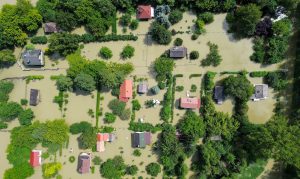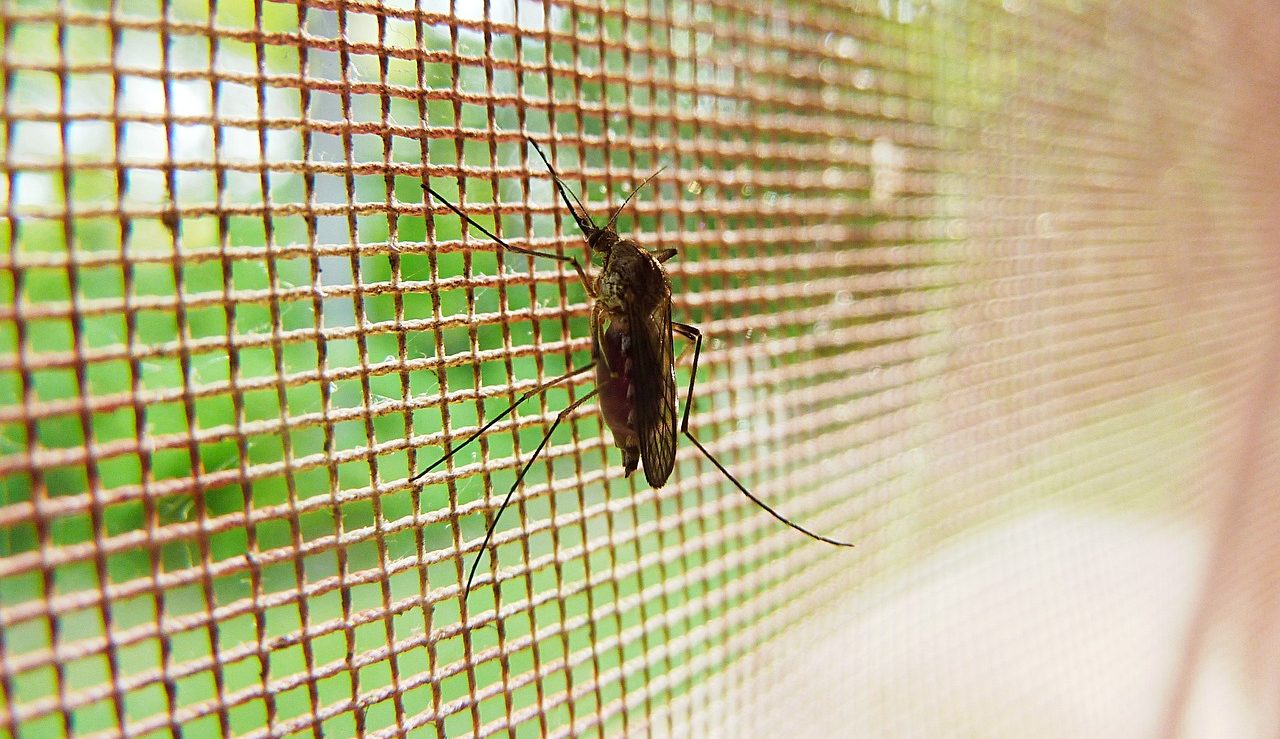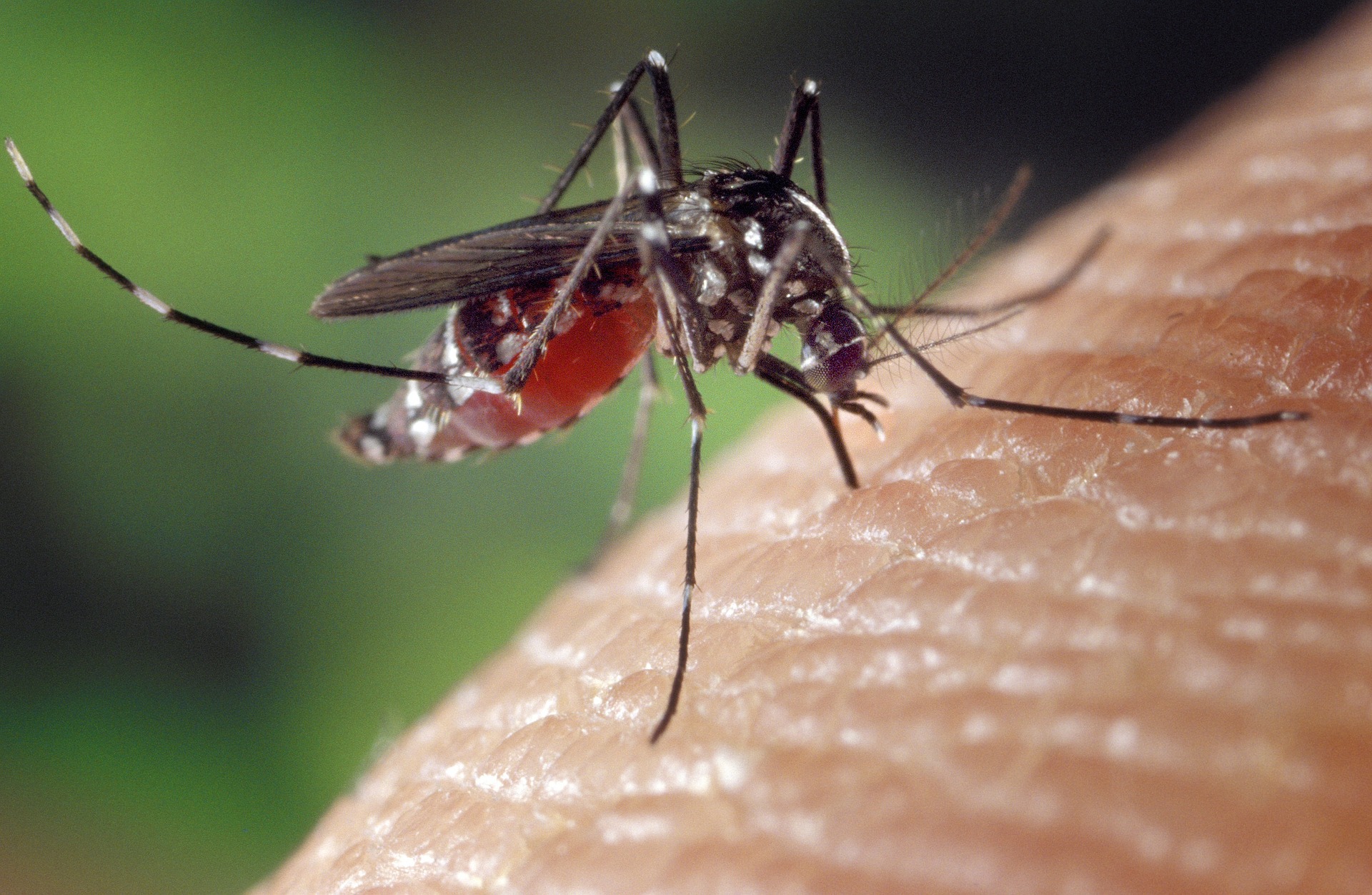The tidal surge on the Danube is leaving behind several large mosquito breeding sites. To counter this, the National Directorate General for Disaster Management is using biological methods to control mosquito larvae along the river.
According to Magyar Nemzet, at first, a biological control method will be used on the ground in unprotected flood plains. Additionally, a biological preparation to kill the larvae will be released from the air in vegetated areas.

Flooded area in western Hungary. Photo: MTI / Krizsán Csaba
Biological control involves releasing a preparation containing a protein produced by a natural bacterium into the mosquito breeding areas. This protein, at the applied dose, kills only the larvae of biting mosquitoes and is completely harmless to all other organisms. However, even in nature reserves, this method can only be used to a limited extent and requires special authorization.
Adult mosquito spraying will be carried out this week in and around Sopron (western Hungary), Debrecen (eastern Hungary), and Miskolc (northern Hungary).
The warm weather accelerates the development of biting mosquito larvae, which can take up to a week to emerge. Therefore, it is particularly important to pour out water collected in garden and balcony objects several times a week.

